 Your new post is loading...
 Your new post is loading...

|
Scooped by
Barry Deutsch
March 25, 2014 3:25 AM
|
Hiring managers know only too well that searching for that superstar employee is a difficult task. Managers know that building a crack team who can turn on a dime, and quickly adapt and adjust to sudden change is even harder.

|
Scooped by
Barry Deutsch
March 17, 2014 2:13 PM
|
This graphic—based on findings from the 2013 Culture and Change Management Survey—highlights key findings, global perceptions of culture, top barriers to sustainable change, and presents a comprehensive picture of the survey demographic, which consisted of more than 2,200 participants around the world.

|
Scooped by
Barry Deutsch
March 16, 2014 11:45 PM
|
Over the past 25 plus years, my partner, Brad Remillard, and I have researched why hiring mistakes and errors occur. Between us we’ve conducted over 1,000 executive search projects, interviewed well

|
Scooped by
Barry Deutsch
March 15, 2014 3:30 AM
|
Why Good Managers Are So Rare
blogs.hbr.org (blog)
Bad managers cost businesses billions of dollars each year, and having too many of them can bring down a company. The only defense against this ...

|
Scooped by
Barry Deutsch
March 13, 2014 1:25 AM
|
Find out why assessing the candidate’s emotional intelligence is a key element in the employee selection process.

|
Scooped by
Barry Deutsch
March 4, 2014 8:09 PM
|
Dynamic Business Ninety per cent of employers regret recent hires Dynamic Business Because SME managers often have little time to dedicate to recruitment, an initial investment of time in improving the recruitment process can save on time spent...

|
Scooped by
Barry Deutsch
March 1, 2014 1:25 PM
|
Google has spent years analyzing who succeeds at the company, which has moved away from a focus on GPAs, brand name schools, and interview brain teasers. In a conversation with The New York Times' Tom Friedman, Google's head of people operations,...

|
Scooped by
Barry Deutsch
February 25, 2014 8:08 PM
|
One way we've found to avoid costly hiring mistakes is to spread thoughtful and provocative questions across the interview team. You owe it your company to analyze how the candidate thinks on her feet.

|
Scooped by
Barry Deutsch
February 25, 2014 7:21 PM
|
Hiring is the most critical component in scaling a business. Period. Nothing else comes close. The people you choose to hire will impact every part of your business.

|
Scooped by
Barry Deutsch
February 17, 2014 11:40 PM
|
What is a superpower you would give to your best friend?” These are ... Such hiring practices also disadvantage women. ... The company has been expanding its hiring yet the number of women in management is declining.

|
Rescooped by
Barry Deutsch
from Content Curation and Marketing
February 12, 2014 4:41 PM
|
Show your high-performing team members that you care about their careers by implementing stay interviews.

|
Scooped by
Barry Deutsch
February 3, 2014 11:28 PM
|
If Clinkle is so bad, how does it keep hiring such good people?

|
Scooped by
Barry Deutsch
January 27, 2014 2:35 AM
|
We have been involved in thousands of sales hiring and recruiting projects. We are often called in to investigate and fixed failed hiring initiatives. Here in countdown order are the top 10 sales h...
|

|
Scooped by
Barry Deutsch
March 18, 2014 4:56 PM
|
Most of us have been in the situation where we sit in a job interview and we feel things are going well until the interviewer pulls out the ultimate question: Tell me about your greatest weakness?

|
Scooped by
Barry Deutsch
March 17, 2014 1:00 AM
|
But don't use this as an excuse when you mess up at your piano recital.

|
Scooped by
Barry Deutsch
March 15, 2014 2:54 PM
|
You don't have to spend as lavishly on recruiting as Goldman Sachs or McKinsey to replicate (some of) their methods for snaring top talent. (The hiring practices of the power-house consulting firms.

|
Scooped by
Barry Deutsch
March 15, 2014 3:20 AM
|
Successful hiring is more about not making hiring mistakes than it is about hiring great people. In the right circumstances, many people can be great. And in the wrong circumstances, many great people can be lousy.

|
Scooped by
Barry Deutsch
March 4, 2014 8:17 PM
|
Hint: Getting hired is not about your G.P.A. It’s about what you can do and what you know. (Best hiring practices at Google http://t.co/N5AKNTKneS)

|
Scooped by
Barry Deutsch
March 4, 2014 7:43 PM
|
The most costly recruiting error in recent history was revealed this month. In mid February, Facebook announced its nearly $19 billion purchase of the instant-messaging firm WhatsApp. But …

|
Scooped by
Barry Deutsch
March 1, 2014 1:17 PM
|
Looking for great sales talent? Working to keep the great talent you have put together? Hiring and keeping top sales talent is easier said than done.

|
Scooped by
Barry Deutsch
February 25, 2014 8:03 PM
|

|
Scooped by
Barry Deutsch
February 25, 2014 7:14 PM
|

|
Scooped by
Barry Deutsch
February 17, 2014 11:29 PM
|
Hiring Success Beyond The Gut Check
Forbes
Use networks first because they are often the fastest and easiest way to connect with top talent. Only if you come up short, do you need to spend the effort and money on more traditional means.

|
Scooped by
Barry Deutsch
February 4, 2014 12:02 AM
|
How are you doing with your hiring practices at your creative agency? Chris Wilson, fp. CEO, talks about making your team bigger and more successful.

|
Scooped by
Barry Deutsch
February 3, 2014 11:14 PM
|
Matt Maloney: Turning Raw Talent into Industry Leaders
Wall Street Journal (blog)
MATT MALONEY: Although it sounds cliché, the saying “hiring great people is the key to success” couldn't be more accurate.
|

 Your new post is loading...
Your new post is loading...
 Your new post is loading...
Your new post is loading...






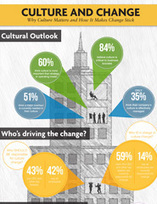

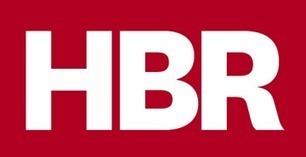


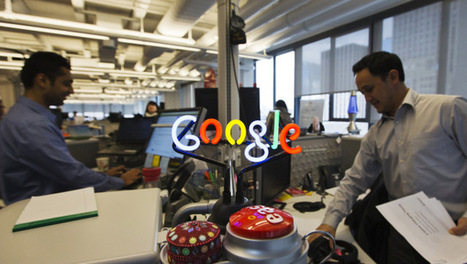


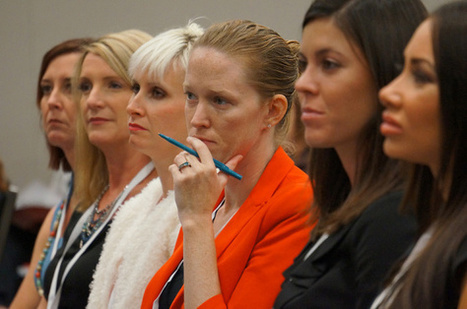







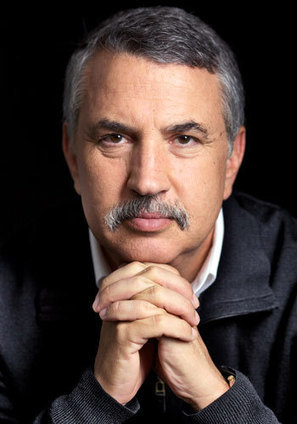

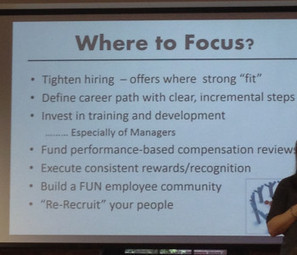









Many folks want to put Google up on a pedestal as a prime of example of proper hiring.
They've developed a series of behavioral traits that some believe are the proper behavioral traits for all candidates and all companies. I'm not convinced Google got it right on these traits.
I would concede they are important traits, but they are NOT the most important traits of success. How do these compare to the traits of success you've developed in your business? How do they match up with your culture and values?
Barry Deutsch
Master of Hiring Accuracy
Doctor of Hiring Failure and Pain
Prognosticator of Radical Hiring Improvement
Learn more on our popular Hire and Retain Top Talent Blog
Do you have a FREE Copy of our best selling e-book on how to hire and retain top talent?
Learn how your success depends on the quality of the team you build and keep by joining us in our LinkedIn Discussion Group on hiring and retaining top talent
Join the Discussion With Me On Google Plus